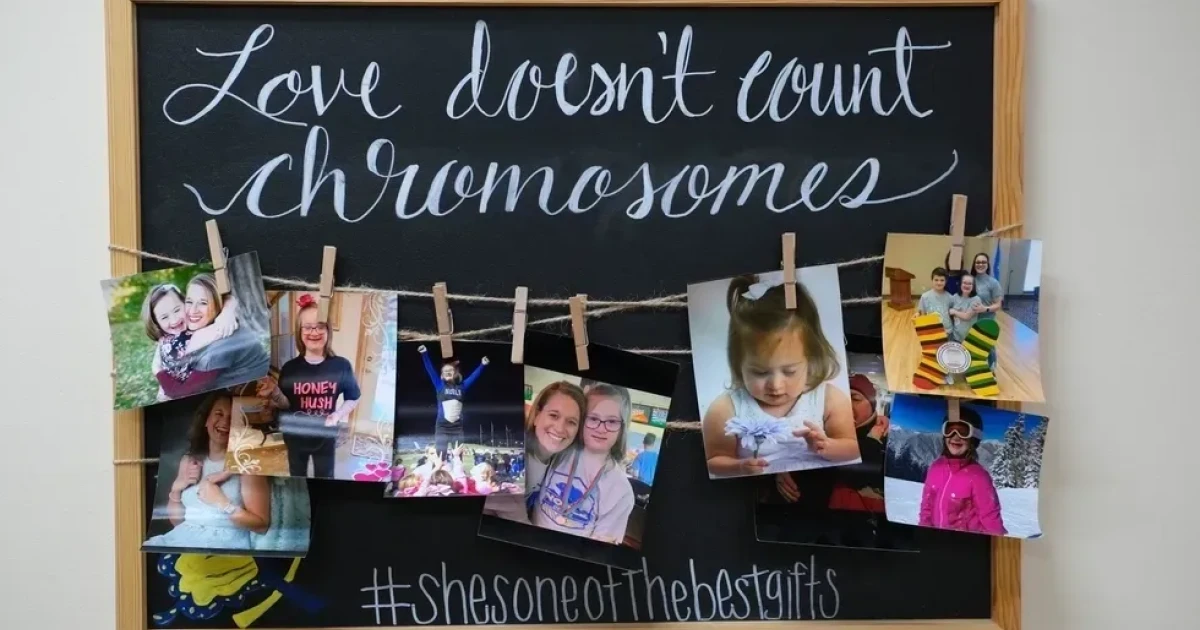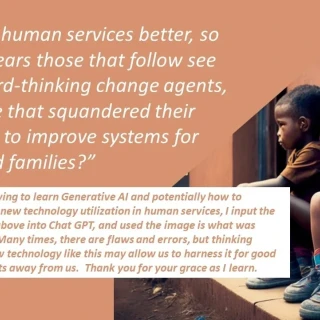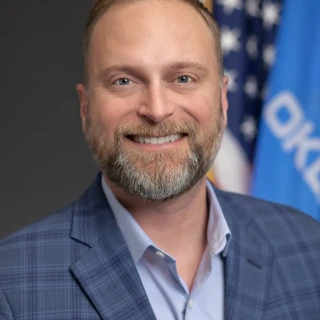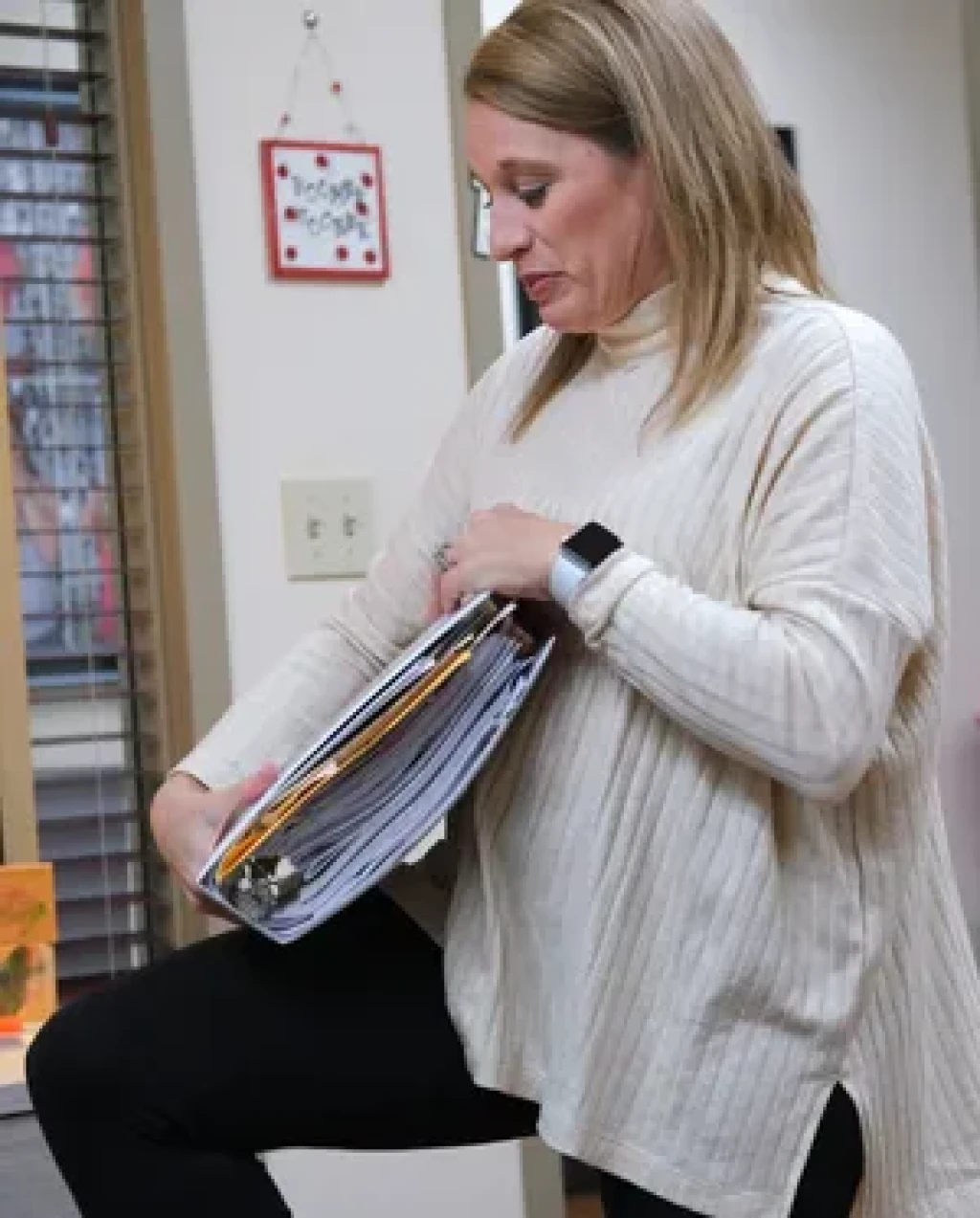The Oklahoman | 'Like we hit the Powerball'

'Like we hit the Powerball' Oklahoma families on disability waiting list finally get help years later
Link to story in The Oklahoman
Kerstin Soell has spent 16 years riding horses, skiing with her family, cheerleading at school and otherwise being a typical kid.
But as a kid with Down syndrome, she and her family faced hardship, including open-heart surgery at just 3 months old and two dozen medical procedures over the course of her young life. After that intensely worrying first year, her mom, Sarah, signed up for state-funded programs that could support Kerstin as she lived at home with her family and received home-guided care.
Then they waited. It took 15 years.
Like so many other Oklahomans with developmental disabilities, Kerstin's name was placed on a waiting list, along with thousands of others who needed help. Only during budget negotiations last year did the Oklahoma Legislature find $32.5 million for the Oklahoma Department of Human Services to finally cross every name off that list.
"If Kerstin had the services earlier on, I'm sure she would be further along in her independence than she is now because I can only do so much in the time I have during the day," said Sarah Soell, who serves as executive director of the Down Syndrome Association of Central Oklahoma. "We preach all the time about how our kids are the most vulnerable, but they're not supported the most, and we always have to get creative in how we raise them and do things for them."
Funding the waiting list
That $32.5 million appropriation was the largest single-year budget increase in the state DHS' history.
Beth Scrutchins, who oversees state programs for the developmentally disabled at DHS, said some lawmakers were surprised to learn about the waiting list when she started her job four years ago. Because of turnover among legislators, newer elected officials sometimes would not realize Oklahoma had a waiting list for Developmental Disability Services. At one point several years ago, there were 8,000 names on the list.
There hasn't been the wealth of knowledge around the waiting list that there is now," Scrutchins said.
With the money appropriated last year, DHS has begun a stair-step approach to crossing names off the waiting list. Every three months, hundreds of individuals and their families will be taken off the list and receive the services they've been waiting for.
DHS plans to connect 914 individuals to state services over the next couple of months. Another 911 are scheduled to come off the list starting in April. Every person who was on the list at the end of March last year will receive services by 2024.
According to DHS, about 43% of people on the waiting list are 17 or younger.
What are they waiting for?
DHS services can provide aid like a job coach and employment services for an adult. For homes with children, state funds will pay for architectural modifications, family training and respite for parents.
In Stillwater, parents Lori and Mike Wieder have had just three nights to themselves over the past 21 years.
Together they've raised two children with developmental disabilities. Luke, 21, and Emily, 19, have a rare genetic abnormality that limits their intellectual development, and both need dedicated care. The Wieders waited about a decade for state services.
"The ability to have someone that can give us a little more of a break is like we hit the Powerball," Mike Wieder said. "This has been the most excitement we've had about the opportunities and things that we can do with the kids, and the help they're going to get, in more than 10 years."
'Helpless':Review of Oklahoma's disability waiting list spurs mixed emotions, skepticism
With their time on the waiting list over, Luke and Emily have a chance at a better life. After their parents waited so many years for the Legislature to fund services, they'll now have access to a job coach and extra support. Luke graduated from high school three years ago.
"And since that time without services, he's kind of just been in limbo of not having much to do with his day except listen to music and watch videos," said Lori Wieder, his mom. "Through this, we're hoping that they will be able to get a job and have some sense of pride in doing a job that they like, even if it's only a few hours a week."
Not only would people like Kerstin, Luke and Emily be more productive in society, but with the state's help, their caregiver parents can contribute more to society, as well.
A long time coming
Each quarter since the funding was approved, DHS has invited eligible clients to meetings across the state where they can sign up for services and learn more about what they're eligible to receive.
The current round of meetings will take place from 10 a.m. to 2 p.m. on the following dates and locations, and are meant for families who applied for services between April 2012 and January 2016:
Feb. 28 in Ardmore
March 1 in Norman
March 4 in Oklahoma City
March 6 in Broken Arrow
March 8 in Stillwater
In early January, DHS interim Director Samantha Galloway spoke to lawmakers during a budget hearing for her agency. Galloway described how the funds helped the state increase provider payments by 25%, and how the meetings are helping families understand what kinds of services they're eligible to receive.
"When people have waited 13, 10 years, eight years even, people oftentimes don't know what they're waiting for," Galloway said.
At these meetings, families can sign up for Medicaid, receive an assessment of services they need and meet providers from their area.
"The other thing that's really important to us in these regional family meetings is we also just want to love on these families," said Galloway. "We want to tell these families — we're here for you. We're not in a position of having to be the agency of 'no' anymore."



